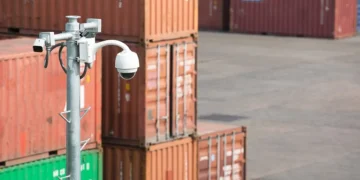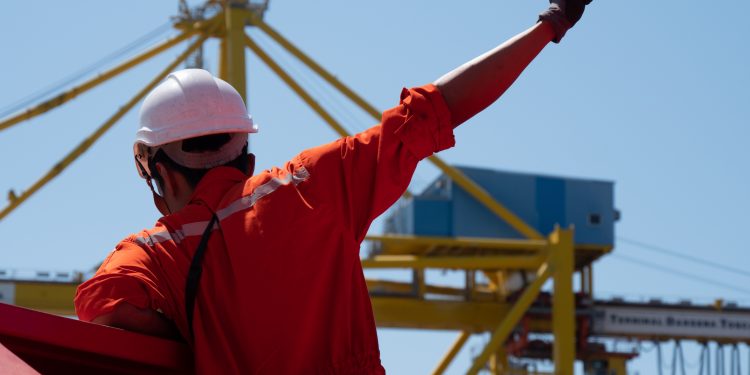In a recent marine notice, AMSA draws attention to the importance of providing shore leave to seafarers, for ships visiting Australian ports.
Companies, owners and masters of ships are reminded of the requirement under the Maritime Labour Convention 2006 (MLC, 2006) for approval of shore leave, which states that:
Seafarers shall be granted shore leave to benefit their health and well-being and consistent with the operational requirements of their positions
Taking that into consideration, AMSA stresses that companies are responsible for crew health, safety, and wellbeing, while shore leave and access to shore-based welfare facilities is key to seafarer physical and mental health recovery and reduces risks of fatigue.
States and Territories around Australia along with Commonwealth agencies have been relaxing COVID protocols. Whilst it is recognised that the risks associated with COVID are still highly relevant and cannot be eliminated entirely, there are suitable and acceptable means of allowing seafarers to access shore leave safely
…AMSA said, adding that it expects that companies strongly consider the benefits to seafarer wellbeing and recovery when assessing the risks of allowing shore leave to crews. It also reminds companies that the decision to grant shore leave should not be based on financial implications.
In cases where there are clear grounds for AMSA Port State Control officers to believe the master or officers in charge of ships have not complied with the requirements as set out in the MLC 2006, for seafarer shore leave, actions will be taken.
Understanding the importance of shore leave, Chennai Port has agreed to grant Indian seafarers shore leave, provided they adhere to basic protocols of undergoing dual vaccination and wearing masks.
In the same wavelength, the Vatican said that some governments and some shipping companies must no longer use the pandemic “as an excuse” for banning the crew from going ashore.
In addition, the International Chamber of Shipping has also set out principles for providing shore leave during the current COVID-19 pandemic. Among others, the report highlights the following:
- Companies are recommended to consider the Maritime Labour Convention 2006 (MLC, 2006) when determining approval of shore leave;
- Maritime authorities must continue to respect this obligation, without prejudice to the proportionate and specifically adopted measures to minimise the risk of contagion. Access to port-based welfare services should also be ensured, as far as possible, during the pandemic. Compliance with these obligations is being facilitated by increased access to personal protective equipment and enhanced knowledge about COVID-19.
- Companies are responsible for crew health, safety and wellbeing. Shore leave is key to seafarer physical and mental health and reduces risks of fatigue.
- The appropriateness of permitting shore leave should be determined utilising COVID-19 protocols and prevalence within the country, local area or port where shore leave is envisaged and should be based on an assessment of the risks to the operation of the vessel and to the health of the seafarers. Account should also be taken of infection within the country, local area or port where shore leave is envisaged.
However, most countries have relaxed their restrictions. In fact, in Singapore, all non-fully vaccinated crew arriving in the country from 28 August 2022, 2359 hours will no longer be required to undergo a 7-day Stay Home Notice (SHN) prior to departing for Singapore.
Seafarers will continue to be required to take a pre-departure test within 2 days before departure for Singapore, as well as carry a valid travel insurance for non-fully vaccinated Short-Term Visitors (STVs).
Singapore has also further eased COVID-19 restrictions for vessels in the Port of Singapore.
This new reality is also depicted in the latest Crew Change Indicator, according to which the number of seafarers onboard vessels beyond the expiry of their contract has decreased slightly to 4.2% from 4.3% in July, while the number of seafarers onboard vessels for over 11 months has remained stable at 0.3%.
Ship managers also reported little new developments or difficulties in carrying out crew changes. While restrictions in some countries still persist, quarantine requirements have loosened in China and overall Covid-related crew change restrictions have eased.
Seafarer vaccines have reached high numbers and ship managers continue to actively provide vaccinations to their crew, whether onshore in ports or in their home countries.

































































